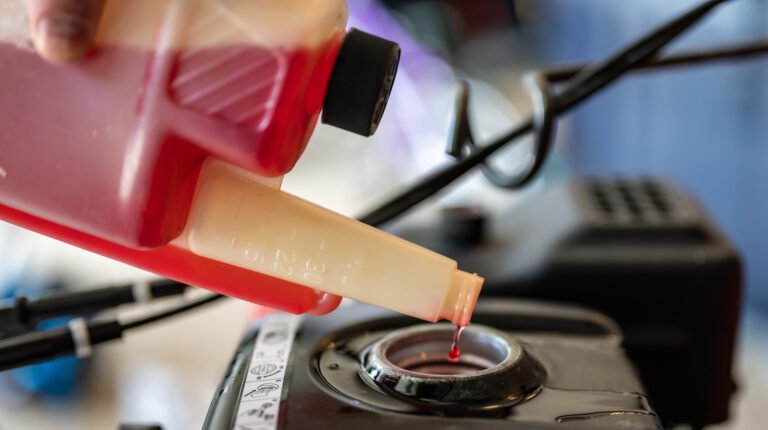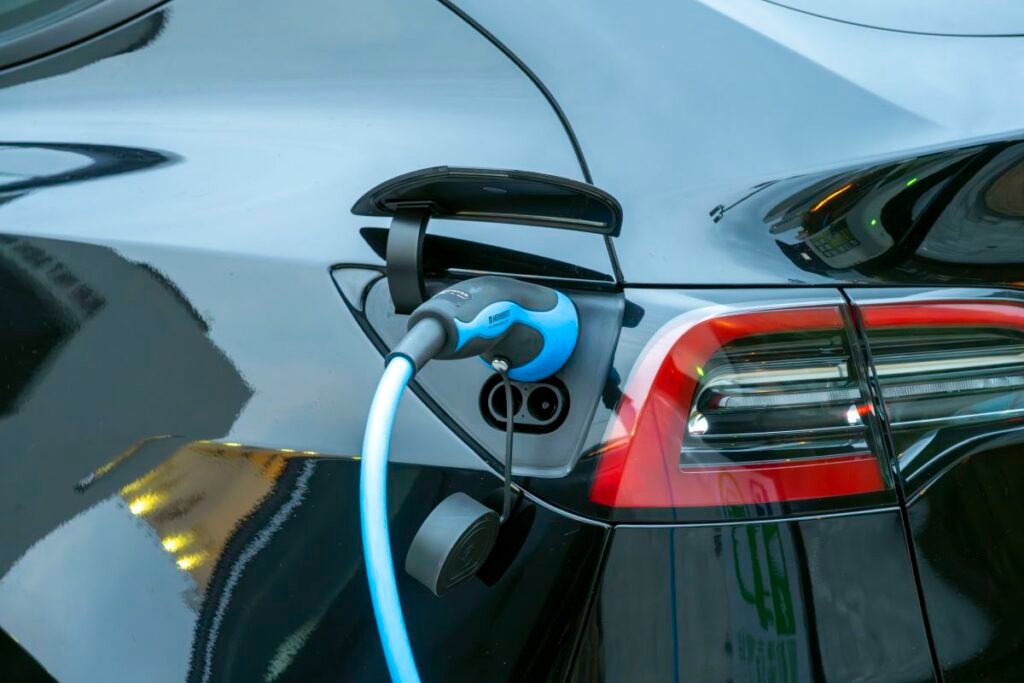
Senate Republicans pull a rarely used lever
Senate Republicans last Thursday voted to repeal California’s rule banning the sale of new gasoline-powered vehicles by 2035. The 51-44 vote, pushed through using the Congressional Review Act, nullifies a waiver granted under the Clean Air Act — something Congress has never done in the law’s 50-year history.
California’s rule was part of an aggressive plan to shift the auto market toward electric vehicles, and 11 other states had intended to adopt it. Together, those states represent about 40% of U.S. auto sales. The decision marks a major victory for the oil and gas industry and a setback for climate advocates hoping to use state-level policy to push the national market toward cleaner technologies.
Democrats cry foul as legal battle begins
Governor Gavin Newsom and Attorney General Rob Bonta said the state would sue the Trump administration over what they called an “unlawful” congressional action. “This is about our economy, it’s about our health, it’s about our global competitiveness,” Newsom said. “It is, Donald Trump, about our national security, and it’s about our ability to continue to innovate and outpace competition all across the globe.”
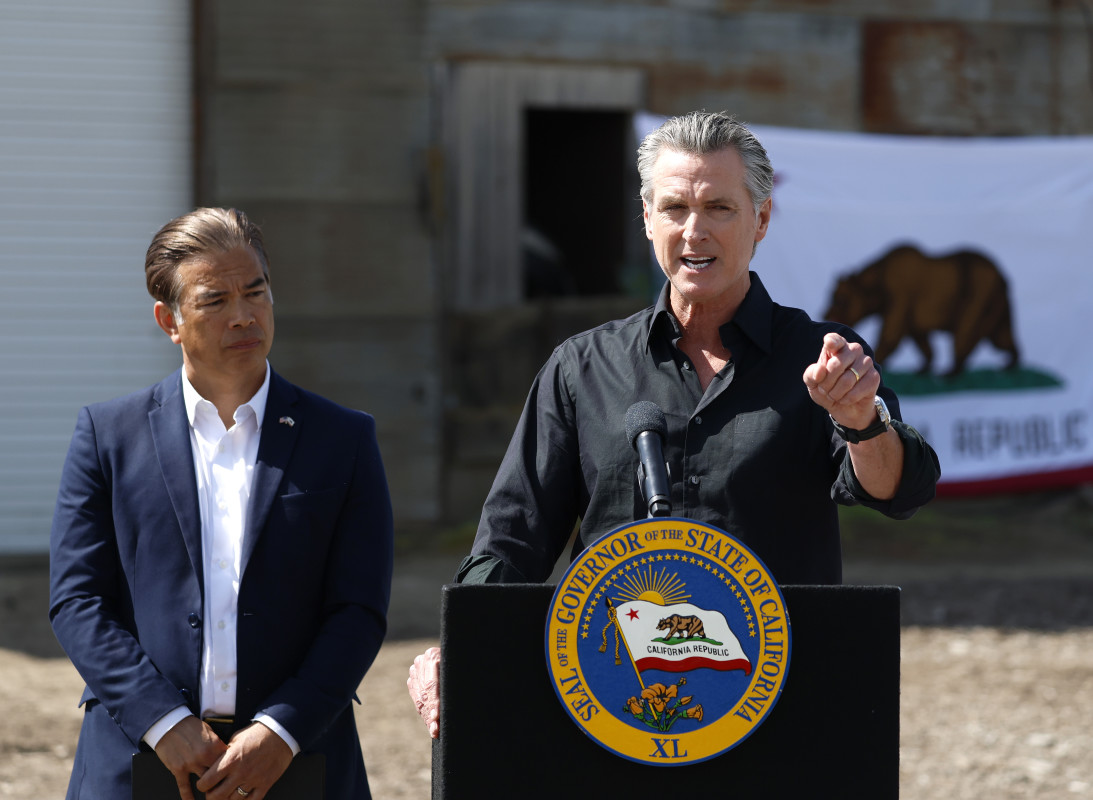
Legal experts argue that the Congressional Review Act should not apply to California’s waivers, which only affect one state. But Republicans said California’s standards essentially dictated national policy, given how many automakers follow them.
More votes, more damage to California’s climate agenda
The Senate also voted to block California rules requiring half of new trucks sold by 2035 to be electric and limiting emissions of nitrogen oxide, a key contributor to smog. All three measures passed the House earlier this year and are expected to be signed into law by President Trump. In response, Senator Alex Padilla of California placed a hold on several EPA nominees and warned of future retaliation. “All bets will be off” next time Democrats hold a majority, he said.
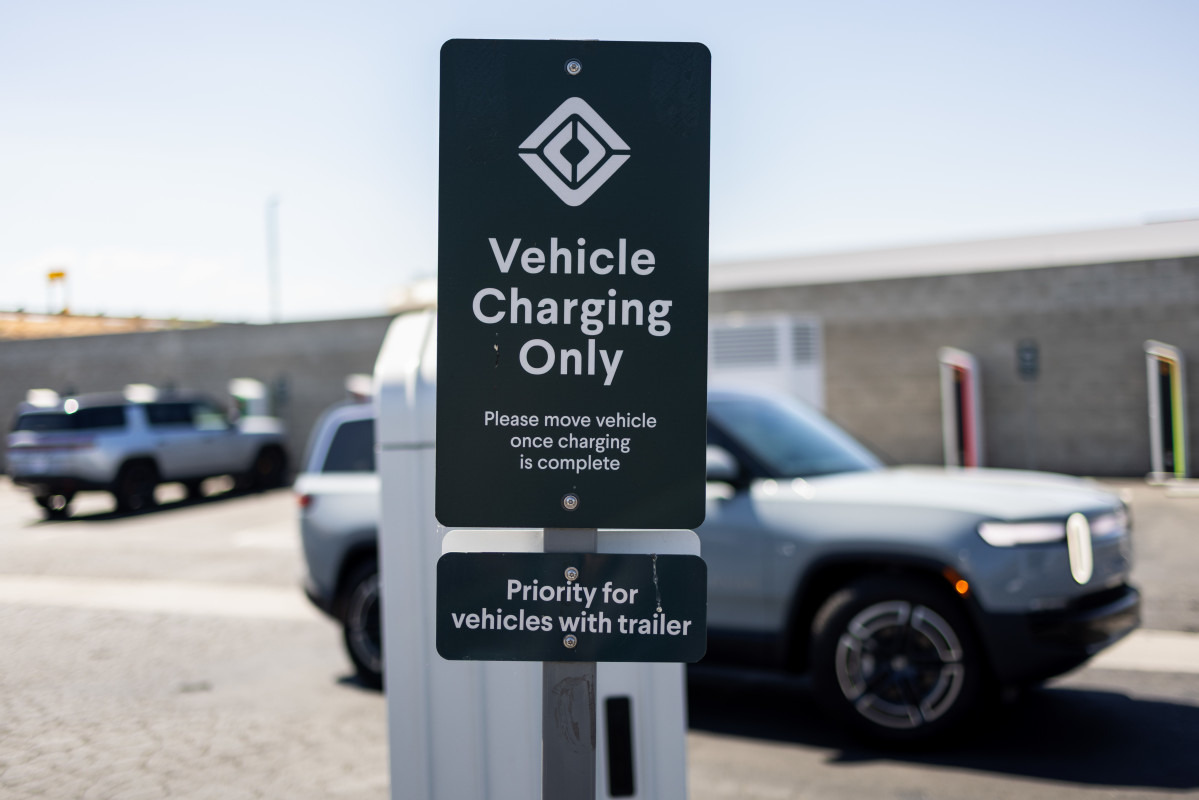
Industry divided, but skeptical of EV mandate
While some automakers, like Ford and Honda, had agreed to California’s emission standards, the industry as a whole pushed back against the 2035 mandate. The Alliance for Automotive Innovation said the targets were “never achievable,” citing infrastructure gaps and market readiness. Senator Elissa Slotkin of Michigan was the lone Democrat to vote with Republicans, pointing to concerns from automakers in her state.
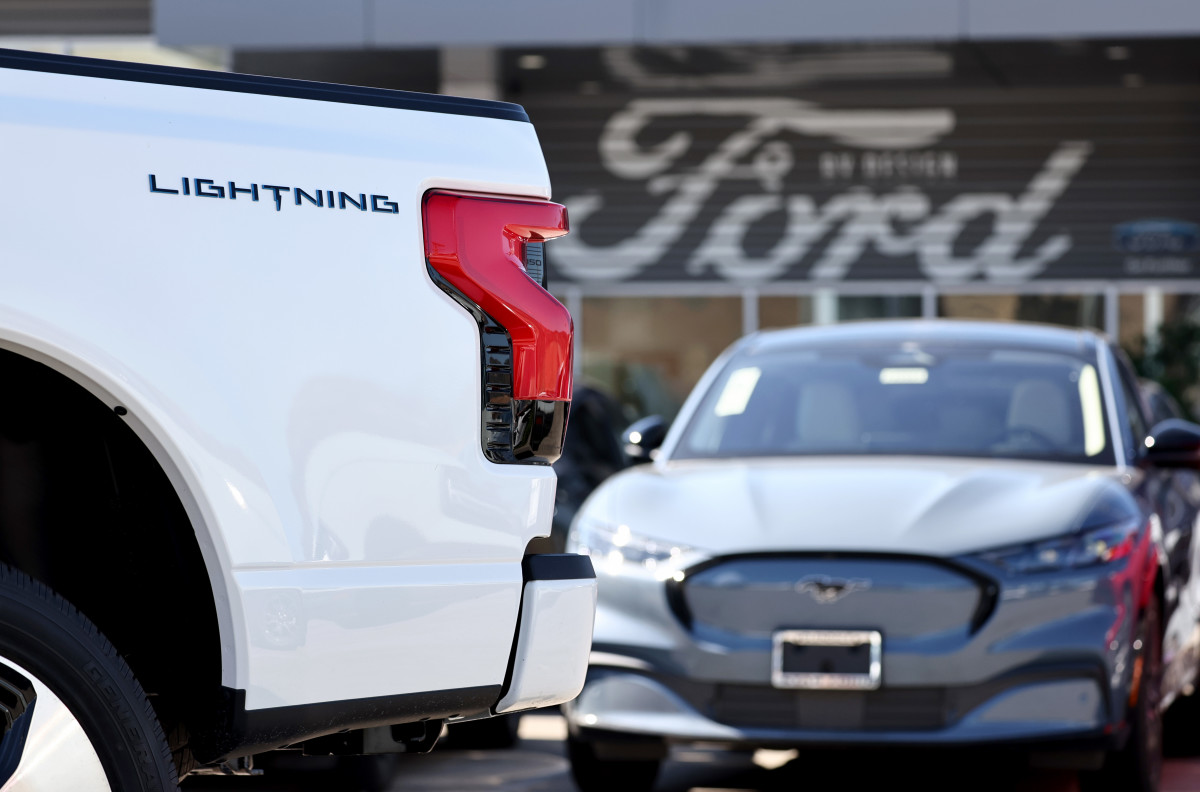
Final thoughts
The ruling leaves California scrambling to revise its climate strategy. Officials may look to cut emissions from factories and refineries or increase incentives for EV purchases. They may also consider penalties for gas car usage, such as higher registration fees.
But a clause in the Congressional Review Act prevents California from adopting any rule “substantially the same” as the one just repealed — a potential legal roadblock that could tie the state’s hands for years. “We’re going to have to think pretty innovatively,” said Dean Florez of the California Air Resources Board. “But there will still be a massive hole.”

